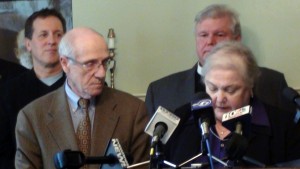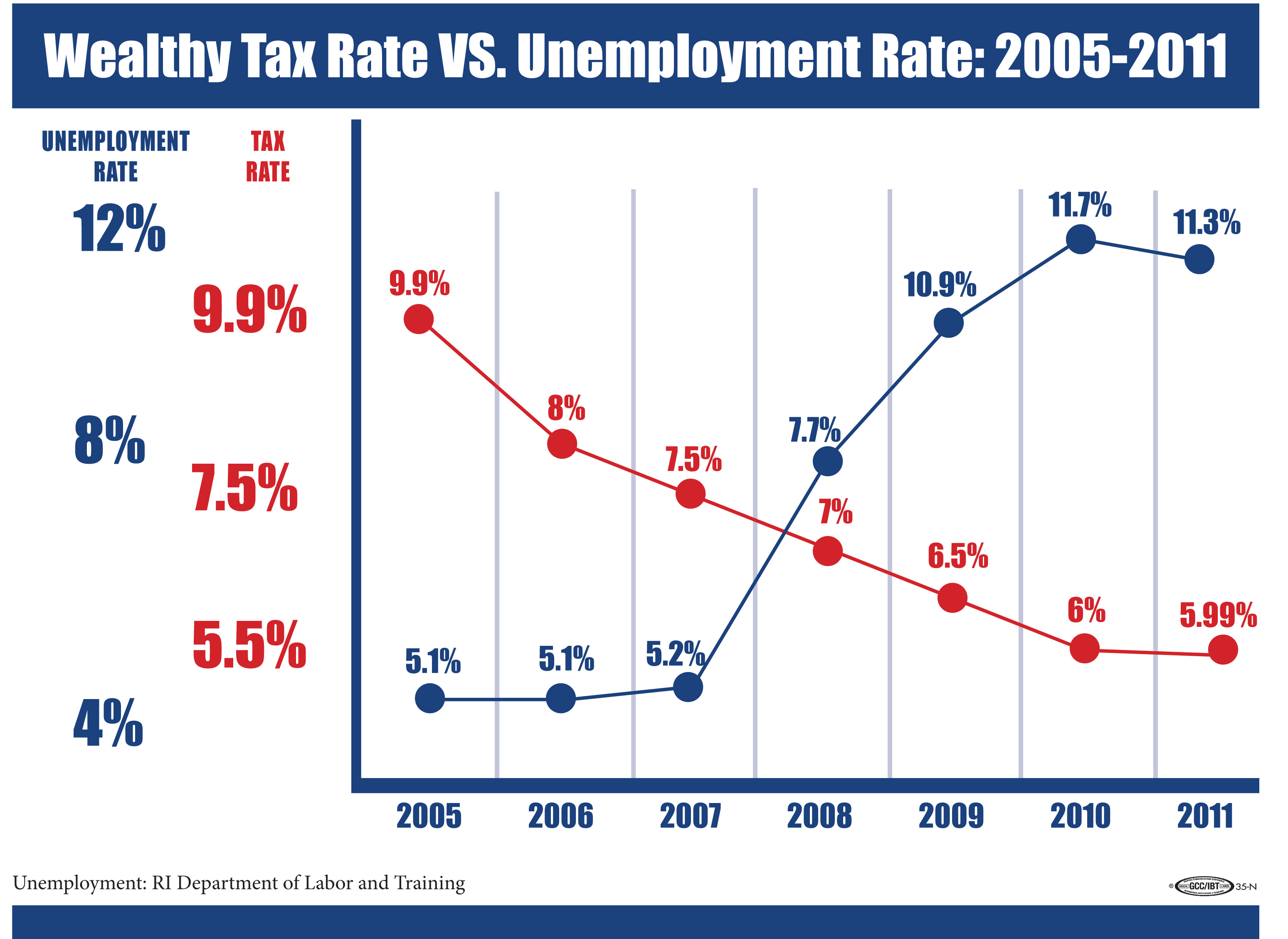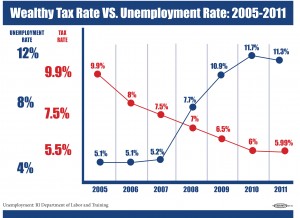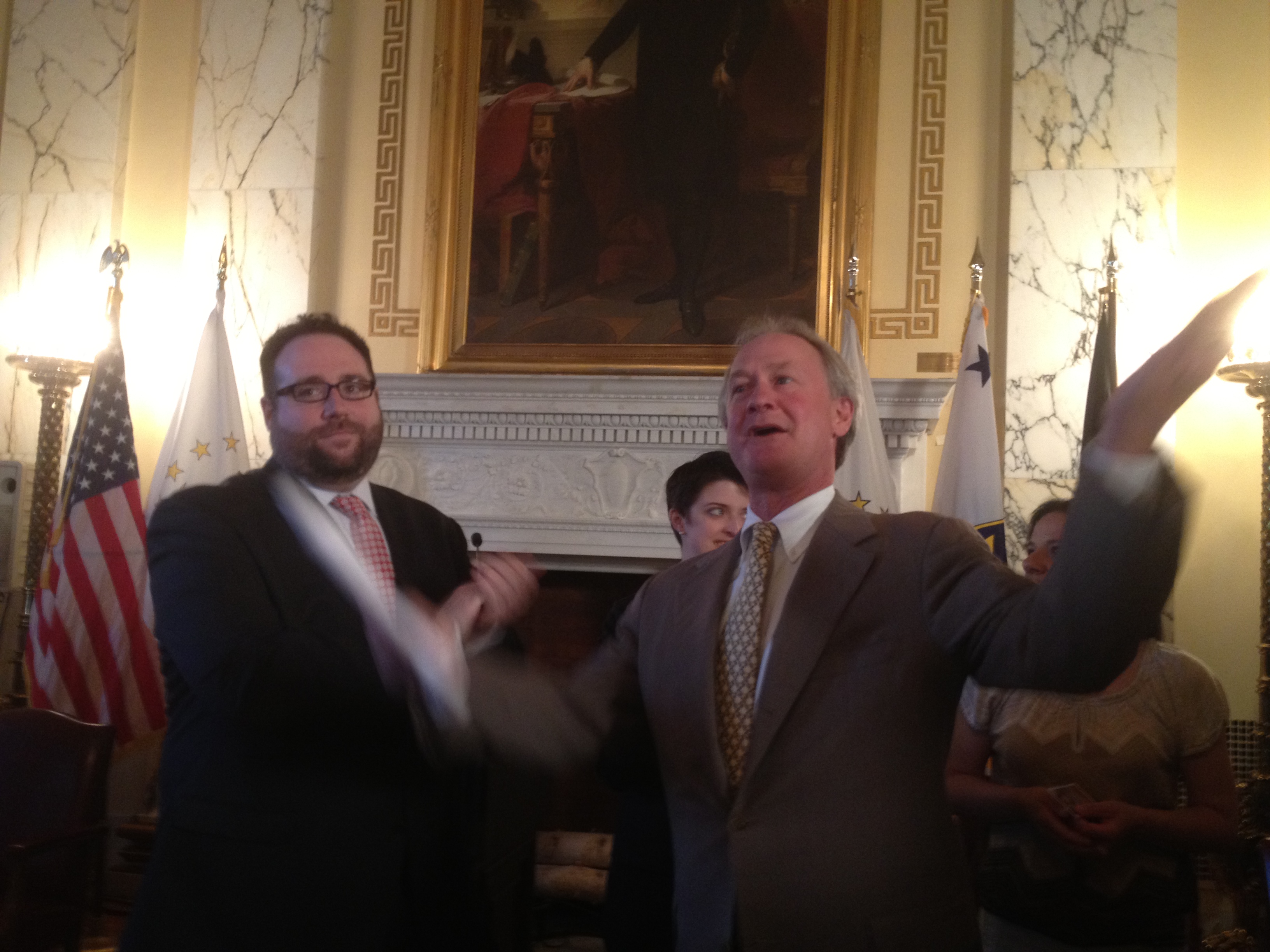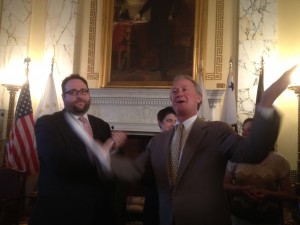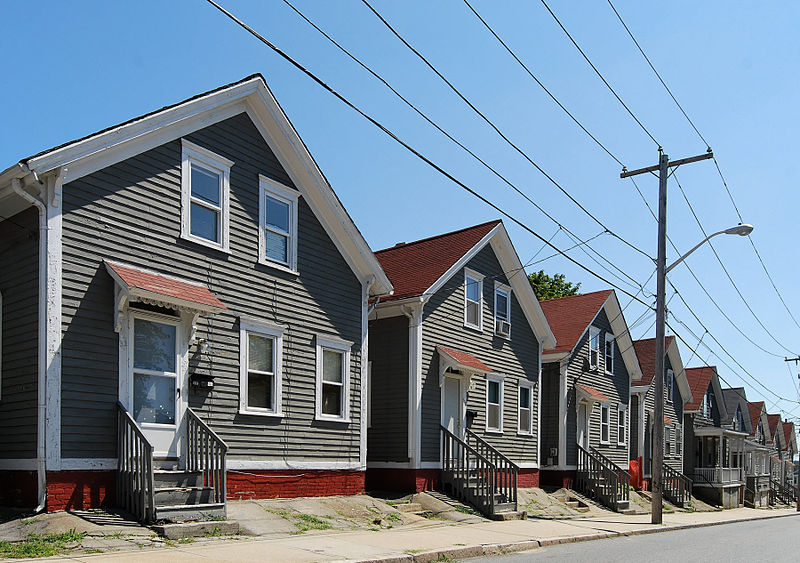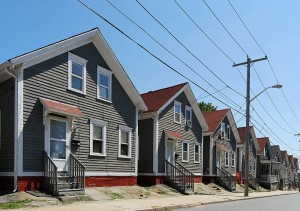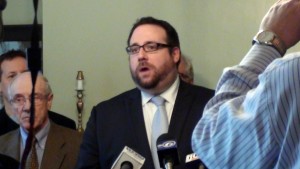
A diverse coalition of progressive, political and religious leaders today announced the formation of Rhode Islanders United for Marriage.
“In the coming months, Rhode Islanders United for Marriage will run a campaign unlike any our state has seen before,” said Ray Sullivan, executive director of Marriage Equality Rhode Island a today’s event.
“Gay and lesbian families, straight allies, faith leaders, union members, business leaders, democrats and Republicans will come together, urging our state legislators to stand with the majority of Rhode Islanders who support same-sex marriage for any and lesbian couples.”
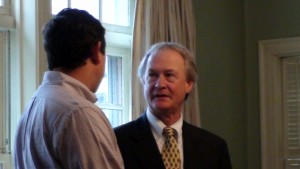
Governor Lincoln Chafee was not shy about bringing up Rhode Island’s history in support of his position:
“Rhode Island, as you all know, has a legacy of tolerance. It is the ideal upon which we were founded by Roger Williams. So it’s time to honor and affirm that legacy by ensuring that same-sex couples can enjoy the same fundamental rights, benefits and privileges as all other citizens of our state.”
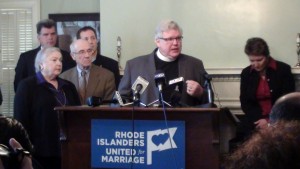
Reverend Gene Dyszlewski, chair of the Rhode Island Religious coalition for Marriage Equality, talked of the ways in which the law impacts his ability to perform adequate pastoral care:
“I’m the one who has to discriminate. I’m the one who has to turn to same-sex couples in my congregation and say ‘No, you can’t get married,’ even though they want to marry for the same reason everybody else does. They want to make a loving commitment to each other, and they want to nurture and protect their families. I’m the one who has to say ‘No.’ I hope the legislature will pass and the governor will sign marriage equality, because marriage equality allows me to say ‘yes’ to loving couples within my faith community.”

Reverend Dr. Donald Anderson, who heads the Rhode Island State Council of Churches, took issue with religious conservatives who speak out against marriage equality, saying:
“The current bill under consideration, provides explicit, common sense protections for all clergy regarding their right to follow their conscience. Since the moment Roger Williams stepped across the borders of our beloved state, full freedom of religious conscience has been our heritage. This bill maintains that heritage. No clergy can required to perform a wedding that violates their conscience. Clergy making this choice are protected by this bill. In other words, for those clergy who choose not to perform a same gender marriage, nothing changes.”
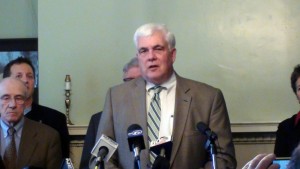
RI AFL-CIO President George Nee presented the labor perspective on the issue:
“From a labor perspective, this issue is a human rights issue, it’s a civil rights issue, and it’s also a workers rights issue. It is totally unfair for a group of people in our society in this day and age to be denied these basic human civil and worker rights. The passage of this legislation in no way denies or takes away the rights of anyone else in our community.”
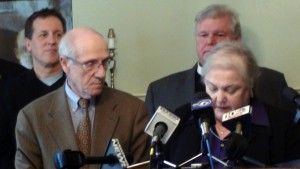
North Kingstown residents Sylvia and Anthony De Luca are staunch advocates for marriage equality. They have been married for over 50 years, and advocate on behalf of their daughter lesbian Luisa and her wife Brenda, who married in Massachusetts. Sylvia talked movingly of her daughter and daughter-in-law, who she loves every bit as much as she loves her two heterosexual sons. Anthony De Luca is a former state representative.

Martha Holt Castle, her wife Patricia and their two-year old son Tobin took the podium next. They are a committed young family raising children who lack, under current state law, the rights that any other family would enjoy.
This is just one of the many families Rhode Island is currently relegating to second class status.
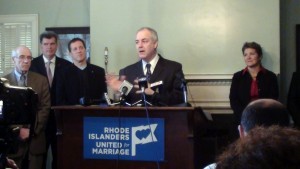
Representative Art Handy, who introduced the Marriage Equality legislation, has done so for the past eleven years. He, and the majority of Rhode Islanders I am sure, would love this to be the last time. Senator Donna Nesselbush took the podium as the only openly gay state senator, she told how she wants this legislation to pass because she has finally found someone she wants to marry and spend her life with, but of course the current law forbids this.
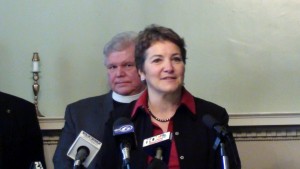
This new coalition, as broad and powerful as it is, has its work cut out for it. An enormous amount of pressure needs to be brought upon the Senate if this bill is to pass, and so MERI was taking names, looking for people to phone bank, knock on doors, call their legislators and otherwise agitate for marriage equality.
This just might be the year it happens.

